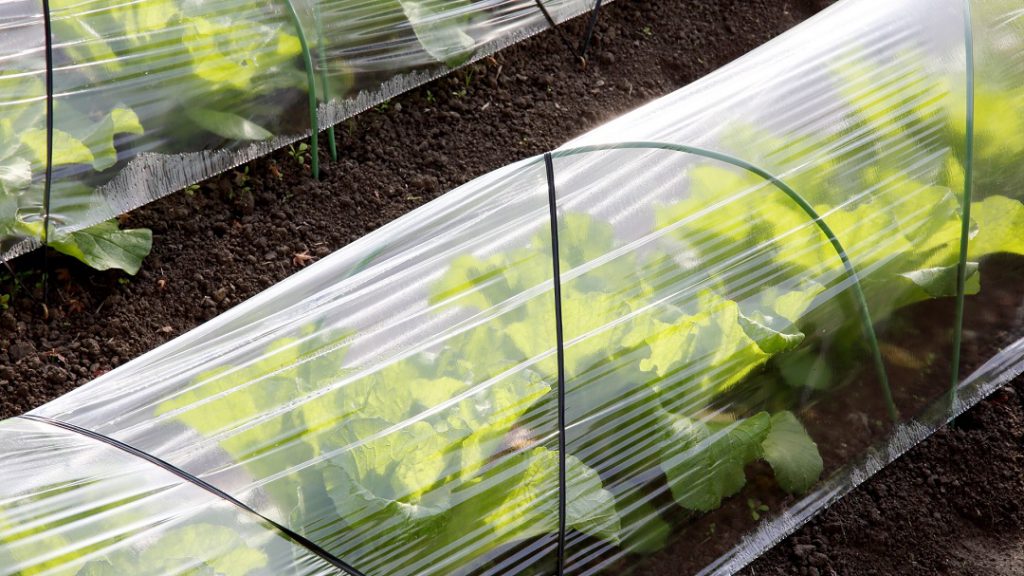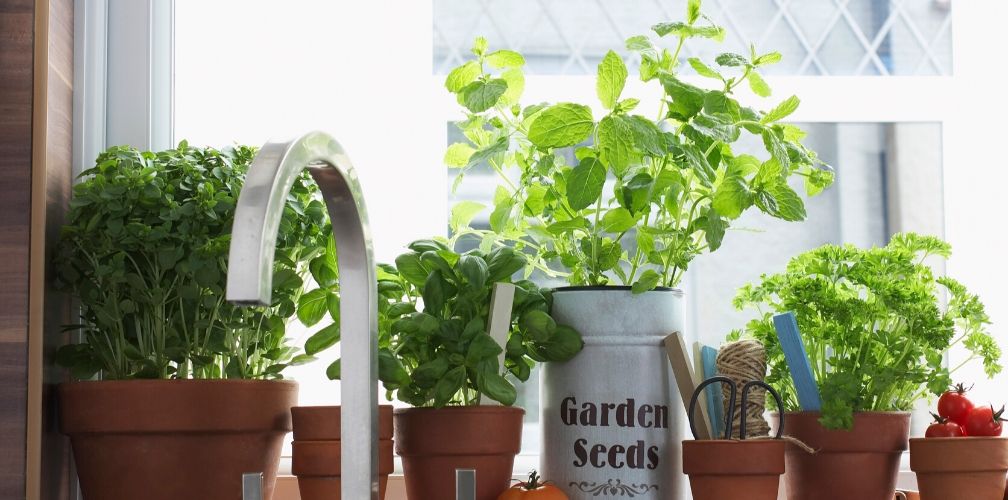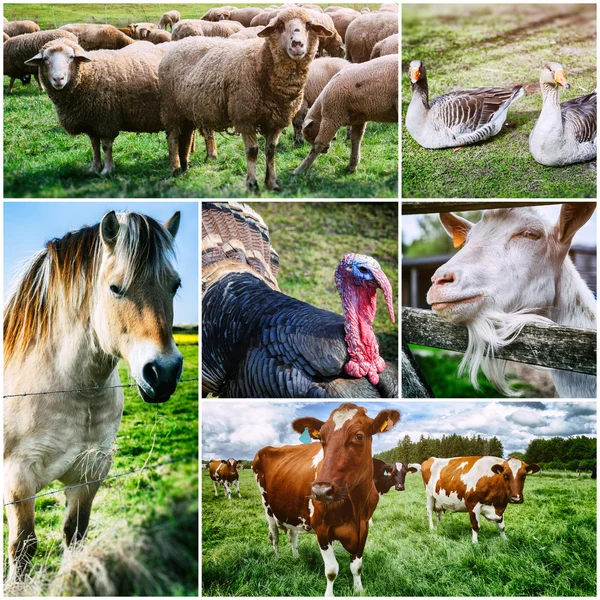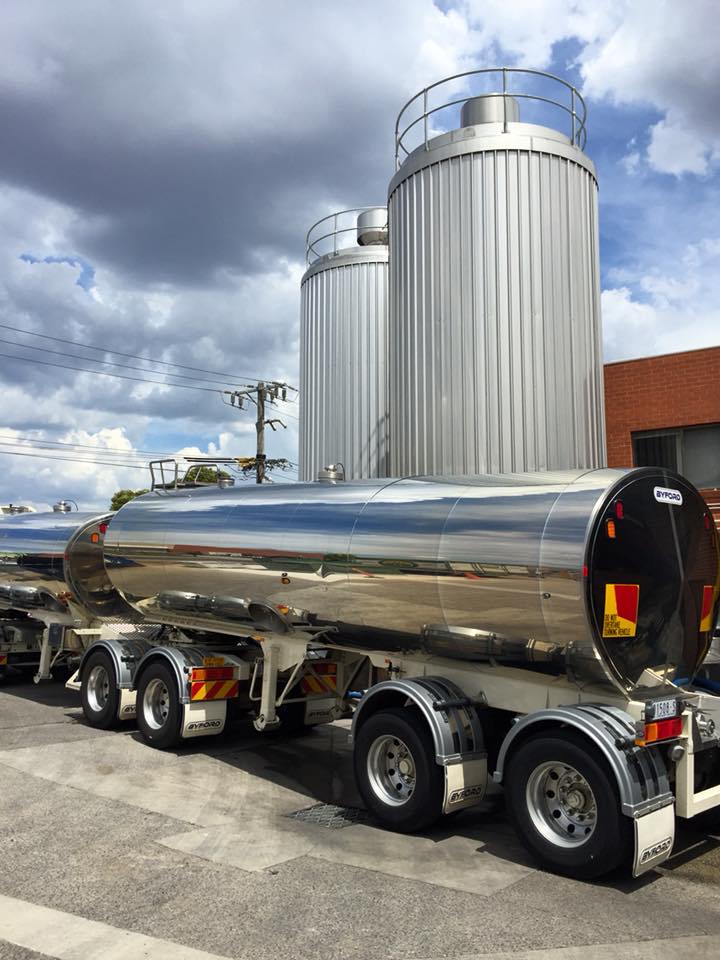In addition to growing crops and rearing animals profitably, this article outlines 10 business ideas in urban farming. The ideas are fit individual, group or company investors. To explore them, we will make two assumptions about the urban agriculture sector;
- First, urban farming is a complex system with various inputs and outputs. The inputs include plant nutrients, water, seed, biodiversity, agrochemicals, labour, knowledge and money. In return, the system outputs are food, non-food outputs and wastes. The urban farming system has close-knit interactions with biological, social, economic, political and health systems.
- Secondly, urban farming is a value chain with the following players; agro-dealers, service providers, traders, processors, wholesalers and retailers. They are actively or indirectly involved in the supply of inputs, growing of crops or animals, harvesting, aggregation of products, transport to market or processors, manufacturing and processing of foods, distribution, final consumption and disposal of food wastes.
A creative entrepreneur can explore any gaps or challenges in the Agri and food systems across the value chain. You can solve any of the challenges through affordable products or services at a profit.
These business ideas include;
Supply farm inputs
Stock cheap or low-cost farm inputs necessary in urban farms. These can be farm tools, certified seeds, organic fertilizer, organic farm chemicals (pesticides herbicides), fortified animal feeds and farm equipment such as chicken feeders and drinkers.
To make more money in this area, consider:
- Making mobile sales by vending close to urban farms using trucks or motorbikes.
- Stock unpopular inputs such as pedigree embryos, organic fertilizers, cultured seedlings and biological pest control products.
- Divide bulk and sell farm inputs in smaller sizes that are affordable to most people.
Make sure you are an accredited stockist and invest in robust digital and traditional marketing to reach additional farmers. In addition to the above inputs, urban farmers also need Clean water, soil, energy and land. You can become a broker of these linking the suppliers and farmers.
Supply farm equipment
Urban and peri-urban farming and food processing are highly capital intensive. Farmers and processors are reliant on qualified technicians and engineers to install farm equipment and infrastructure. You can venture into this line by supplying and installing items such as milk coolers and boilers, feed millers, packaging machinery, and dispensers. As an agronomist, you can consult on laying down drip irrigation kits and establishing green/net houses. For sustainability in this area diversify by becoming a supplier, installer and offering repair and maintenance services.
Offer Cold storage services
Estimates place post-harvest food losses in Kenya at 21-30 %. Urban farming focusses on the production of highly perishable products such as vegetables, fruits, milk and meat. Putting them under cold storage would maintain their quality and salability for a longer period than the normal shelf life. However, Cold storage infrastructure is expensive to install and maintain since they consume high energy. As an entrepreneur, you can focus on offering cold storage space to small scale farmers and food traders at a fee. Another option involves supplying energy-efficient coolers such as solar and charcoal coolers.
Raise Vegetable seedlings

This Involves supplying clean planting materials (seedlings) or offering a seed propagation service to urban farmers at a fee. Small scale farmers cannot afford seed propagation using technical tissue culture and soilless technologies. When farmers establish their own seedling nurseries, they experience poor germination rates, suffer losses from plant pests and diseases or end up with contaminated plants from infected soil. As a plant raiser, you will invest in propagation tunnels, irrigation kit, and trays on raised seedbeds.
Aggregate agricultural produce
Urban agriculture is usually a segregated and fragmented affair with individual farmers operating alone. Farmers end up producing in excess but lack proper market information about where to sell their products profitably. As an entrepreneur, bring together a group of farmers together to form producer and marketing farmer groups and cooperatives. Farmer groups have stronger bargaining power and control the high quality of product hence can sell at a premium.
With proper corporate governance, management and leadership, farming groups can mature into diversified and sustainable businesses. These can invest in extension services member training, off-taker and checkoff systems, value addition and distribution of value-added products.
Market research and advisory services
Urban farming knowledge is still developing hence the need for additional research and development. Research entrepreneurs can collate and disseminate relevant and timely information on the best trends in urban farming such as energy conservation, recycling, agro financing, marketing and communication. Researchers and consultants should provide affordable farmer information. As a business idea, a content creator can make instructional videos and other educational materials such as books and brochures. These can be translated into local languages for more profits. You can also give cheap monetised coaching, training and extension services.
Value addition
Farmers market their agricultural products with little or no value addition. They only attract low farm gate prices with low profits. By engaging themselves in full or partial value addition of food and distribution they can attract higher incomes. To do this, an entrepreneur can invest in food processing equipment to dry, can, freeze, brand, package and distribute food to consumers. Other methods of adding value in food are catering, retailing and running onsite/ farm grocery stores and fast food outlets.
Promote protected agriculture

Pests, diseases and erratic weather conditions such as droughts, hailstorms and wind are key challenges affecting urban agricultural yields. Protected agriculture can reduce these effects by controlling environmental conditions to permit better plant growth in dry and wet seasons. Protected agriculture methods include mulching, greenhouses, low covers, drip irrigation and zero-grazing. As an entrepreneur, you can be involved in several areas like laying irrigation kits, sinking boreholes, digging water pans and promoting rainwater harvesting solutions. Other openings include distributing and installing greenhouse materials, providing animal feeds and fodder such as hay and silage among other ideas.
Offer business support and extension services
Professional farm management and skilled farm labour are missing in urban farming and negatively affecting its performance. Farmers lack relevant information about Pests and disease control, soil health management, planting mechanisms, finance, marketing and quality assurance. Though extension services in Kenya are offered as a public good, this can be commercialised through affordable extension and market linkage services. Businesses can be established as consulting firms or farmer resource centres that can second their professionals to assist farmer’s throughout the farming cycle.
Leisure and tourism
Farming in cities can be a great recreational and educational businesses especially for campers and corporate conferences. Host events in your garden that instruct visitors on the farm activities from “farm to fork” including planting, crop management, harvesting, processing consumption and waste management. Other variations of farm tourism include having hiking trails, fishing games, and hosting conferences and ceremonies like weddings and team building. You will have to offer complementary services such as restaurants, accommodation, camping and swimming pools for superior services.
Conclusion
Urban farming is profitable beyond growing plants and animals. This article outlined 10 of those business ideas. They include value addition, monetised extension services, offering cold storage and promoting protected agriculture among others. Farming is a sustainable business area as it provides food and non-food products. By viewing it as a complex open system and a value chain with multiple interconnected players it opens varied business ideas to solve various gaps affecting its performance.


